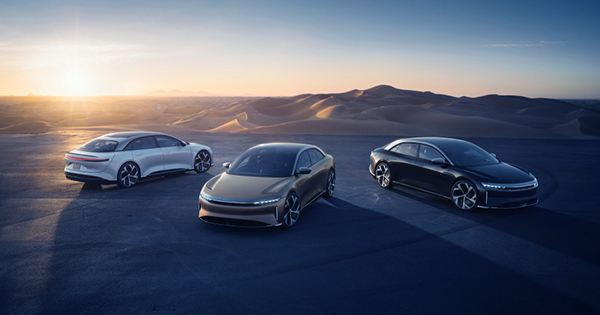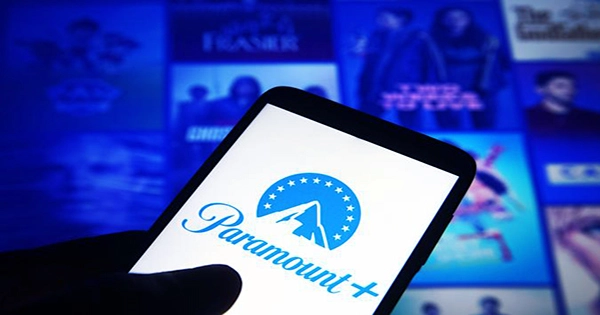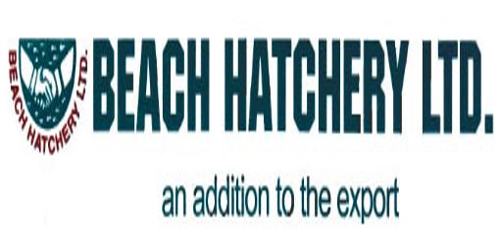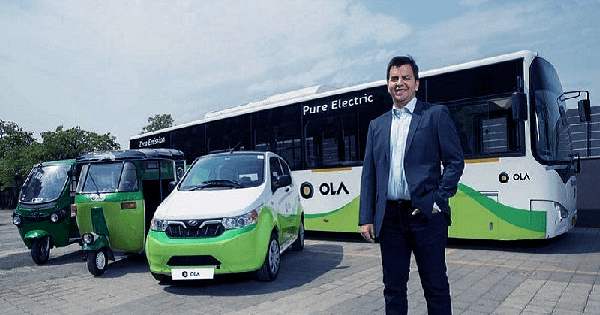Tesla, Rivian, Lordstown Motors and Lucid Motors – potential competitors in the growing EV market – are working together to pass legislation that would allow direct sales in at least eight states with another batch of proposed legislation this year. The passage of such a law would pave the way for EVIs like Tesla as well as newcomers Lucid and Rivian, who have yet to bring a car to market, to sell directly to consumers. However, Tesla’s cooperation may also cost the company directly in some states.
Tesla and the growing new EV companies have different business models than legacy automakers like GM, Ford and Stellantis. Tesla sells vehicles through their own brand stores – as if Apple sells its products – and there are no franchised dealerships. The direct sales model has attracted auto dealers, who have benefited from long-established rules in 50 states that prevent manufacturers from opening their own dealerships to compete with existing franchises. Tesla and other allies have argued that they should allow selling directly to consumers because they do not have a franchised dealer.
Tesla Senior Policy Manager Thad Kurowski testified, “We support the desire of our other EV-only manufacturers and direct to sell to customers, to invest, to create jobs, and to ensure that the way we are permitted, Washington State during the House Consumer Protection and Business Committee. Washington is one of many states where such laws being considered. Tesla has six retail locations in the state.
Similar laws considered in Connecticut, Nebraska, Georgia, New York, Wisconsin, Pennsylvania and Nevada. Some of these states prohibit all EV manufacturers from selling directly to customers; With the exception of a few other companies, only Tesla allows, but it caps the number of retail stores it can open. This is a rare moment of collaboration between EV manufacturers, companies that to fight not only with each other but also with legacy carmakers for market share.
Relationships between companies have not always been so cooperative: Tesla filed a lawsuit against Rivian last July alleging breach of business confidentiality and talent discipline. Rivian responded that two of the three claims in the lawsuit were nothing more than attempts to gain notoriety. Tesla has experienced at least one dozen state legislatures, including Arizona, Colorado and Utah, overturning bans that barred Tesla from selling directly to customers through new laws or courts. Michigan, the home of big carmaker GM and Ford, has long been a battleground.
















